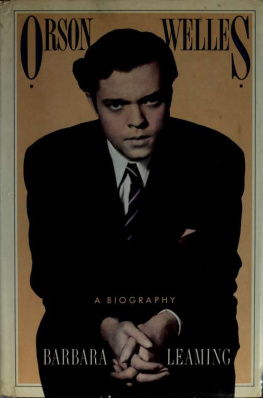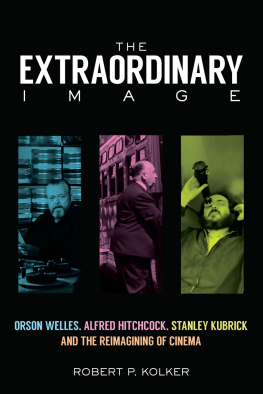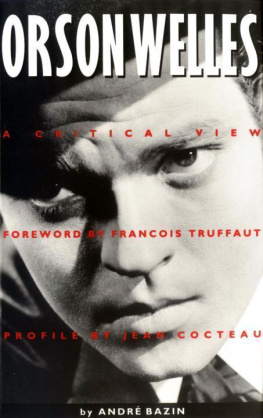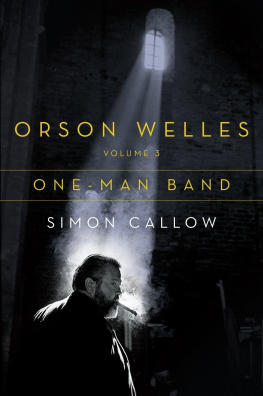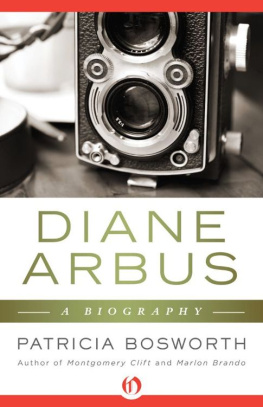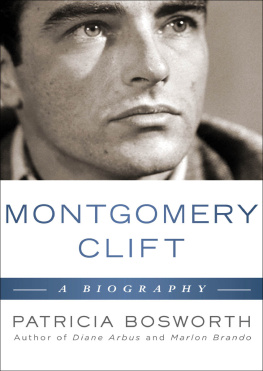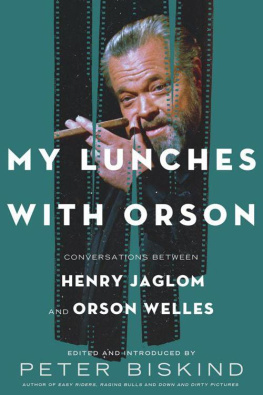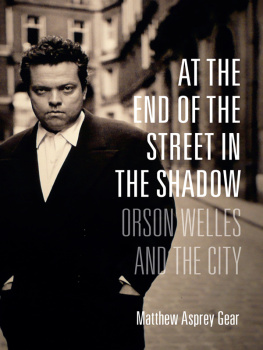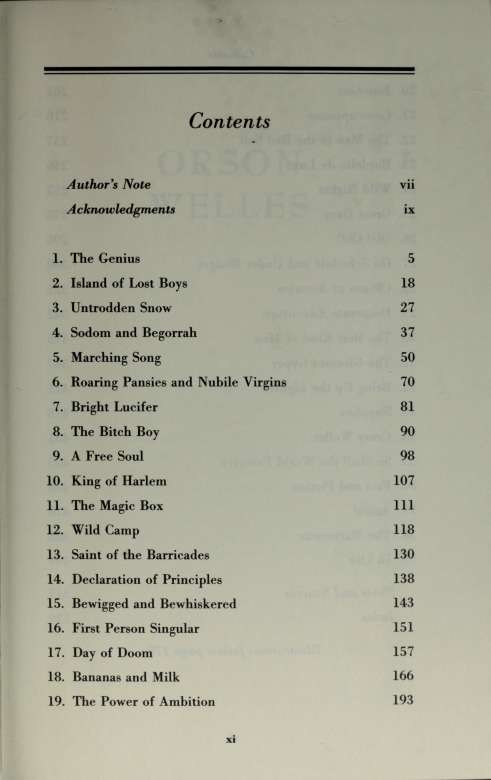This book made available by the Internet Archive.
For Roger ''Skipper'' Hill On His Ninetieth Birthday
Author's Note
In life. It is the expression he uses to describe the stars offscreen and out of the pubhc eye. I took a while to catch on to what he meant when without explanation he would say "Rita in life'' or ''Marlene in life/' but once I did, I realized that even more than the artist, the genius, the wonder boy, this was the true subject of my biography of Orson Welles, what I had wanted to discover and write about all along: Orson Welles in life.
Orson Welles generously gave me his complete cooperation for this book. Although he knew that to find out everything I could about him I talked to numerous other people (some of whom he regards as enemies), and examined masses of documents (letters, memos, daily production reports, contracts), he did not ask to control what I wrote.
Our many, many hours of interviews over some twenty months, sometimes several times a week, even several times a day, allowed him to speak freely and openly as I dare say he has never done before. The man I slowly came to know is very different from the legendary monstre sacre. While in life he is as dazzlingly brilliant, as witty, caustic, and charming as his reputation suggests, he is also shy, introspective, and vulnerable.
Orson Welles has made history, he has created masterpieces in three art forms: film, theater, and radio^but his most fascinating and enigmatic creation may be himself. I was amazed to discover that, in life, he was as curious about his own legend as I was. As his biographer, I have tried to depict the duality intrinsic to his experience: both the legend, the public persona, as it emerged over more than half a century, and how Orson himself felt about it all in life. While I might have been able to record the former on my own, without Orson's intimate recollections I could only have speculated about the latter.
B. L.
New York, October 1984
vu
Acknowledgments
I would like to thank the many people who helped me with this project. Some of those who shared their memories and perceptions of Orson Welles are listed in the source notes. I also depended on the librarians, archivists, and historians who have preserved important documents regarding the life of Orson Welles. Special thanks are due to Saundra Taylor and her staff at Lilly Library in Indiana, who enabled me to examine the nearly 20,000 items of Welles's papers. I also wish to acknowledge the kindness of Lorraine Brown at George Mason University, John Hall at RKO, Dean Fallon and Karen Nixon at the Florida State University, and Robert Knutson and Ned Comstock at USC Special Collections.
Amanda Vaill, my editor at Viking, worked closely with the project from the first, and was a consistent source of enthusiasm, support, and sage advice. Her contribution to the book was enormous. At Weiden-feld and Nicolson, my editor, John Curtis, provided the warmth, encouragement, and counsel I needed. I will always be immensely grateful to both of them, as well as to Stacy Schiff at Viking, Alex MacCormick at Weidenfeld and Nicolson, and my agents Lois Wallace in New York and Anthony Sheil in London.
There are five people without whom this book could never have been written. The first of course is Orson Welles, who, day after day, month after month, patiently subjected himself to my barrage of questions, and also arranged for me to meet and interview some of the important people in his life. No one could have spent as much time talking to Orson as . e without coming to feel the deepest affection and respect for him. I can only hope that this book does some small justice to a very great man, whose laughter and friendship I cherish, and whose joy in living has been a lesson to me. How can I ever thank Henry Jag-lom for arranging my first meeting with Orson? Because Henry has been such a close friend of Orson's, he knows what a special gift he gave me in introducing me to him. Another of Orson's dearest friends to whom I am grateful is his mentor Roger '^Skipper" Hill, who, be
Acknowledgments
sides talking to me at length, gave me access to Orson's boyhood letters and diaries, as well as other precious documents from Orson's later life. I have dedicated this book to Skipper by way of acknowledging his formative impact on Orson. Long before I met Orson himself, it was Shifra Haran who first made me truly feel what she likes to call his "wonderfulness." I am grateful to her for this, for the innumerable details about Orson and Rita Hayworth with which she provided me, but above all for the "wonderfulness" of her friendship. Finally, I want to thank my husband David. I think he knows how much I depend on him and how much I love him.
Contents
20. Rosebud 201
21. Comeuppance 218
22. The Man in the Red Suit 237
23. Bordello de Luxe 246
24. Wild Nights 252
25. Great Days 278
26. Ole! Ole! 298
27. On Schedule and Under Budget 308
28. Citizen of America 321
29. Desperate Adventure 342
30. The Best Kind of Men 375
31. The Glorious Gypsy 387
32. Bring Up the Lights 411
33. Sisyphus 418
34. Crazy Welles 431
35. So Shall the World Perceive 455
36. Fact and Fiction 466
37. Again! 476
38. The Marionette 488
39. In Life 499
Notes and Sources 515
Index 539
Illustrations follow page 178.
Xll
WELLES
*TvE JUST WALKED ACROSS Lake MICHIGAN, I suppose,'' Orson Welles says to me when I report that Fve just finished writing about him at the age of three. Early on in our conversations he tells me to stop calling him Mr. Welles. ^'Everybody calls me Orson," he says. **0n the phone people who've never met me say, ^Hello, Orson!,' and I don't even know what they look like." To talk about his life there are lunches and dinners at Orson's Los Angeles hangout. Ma Maison: ''Meet me at nine at the saloon," Orson says when he calls me by which, I learn, he means his regular table for four behind a latticework screen at the only restaurant in town with an unlisted telephone number. At dinner we are joined by his regular evening companion, a two-year-old black toy poodle named Kiki, who, seated on a chair to his left, growls and snaps her tiny teeth at anyone who gets too close to her gargantuan master. ''Kiki's terrible," Orson laughs. ''She finally gets to know somebody who comes to see me on business all the time and gives him little kisses and all that, but when he gets up to walk out, she runs and bites him on the ankle."
In New York, where he is stopping over on his way back from the Cannes Film Festival, when Orson receives me in his suite at the Hotel Carlyle, there is Kiki cradled in his massive arms, which issue from a voluminous red, orange, and yellow striped burnoose that grazes the

